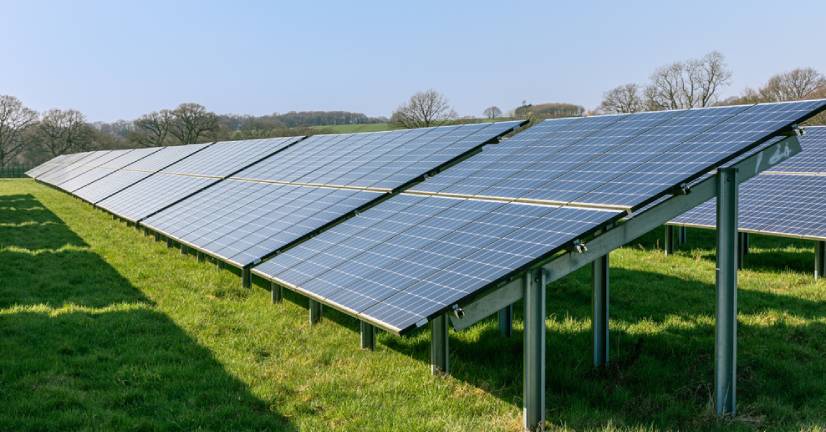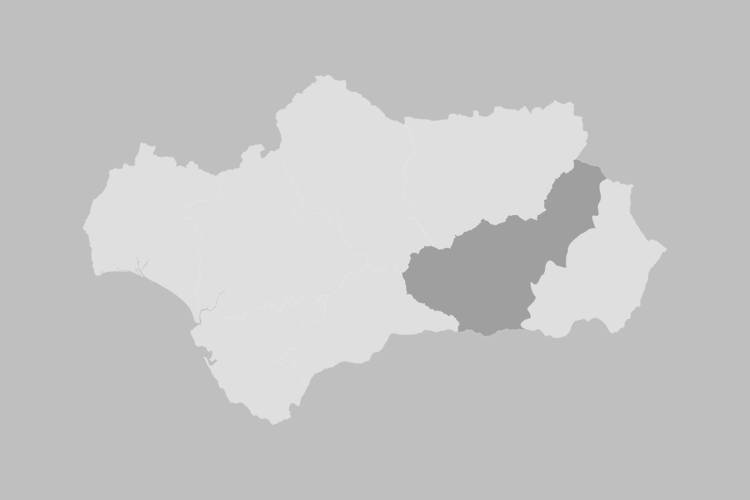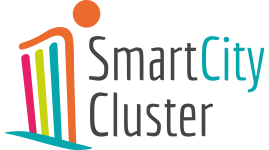Digital Twin of the Distribution Network to manage resources flexibility
What is DT4Flex?
DT4Flex aims to develop a digital twin of the distribution network to manage flexibility services for the resolution of technical problems in the network. These services are provided by Flexibility Service Providers (FSPs).
Flexibility Service Providers (FSP)
Agent connected to the distribution network that has generation and/or consumption assets and offers services to lower/raise power for the resolution of technical problems in the network, in exchange for a financial reward.
What problems does it solve?
- Supply quality: overvoltages, undervoltages.
- Technical limitations: overloads.
- Penetration of new agents.
Beneficiaries
- Distribution companies as distribution network operators.
- Network users as participants in the new EaaS (Energy as a Service).
- ppc4-3.


General objectives
Flexibility in distribution networks
Ensure that flexibility available in low voltage grids is exploited by means of troubleshooting services.
Innovation in the electricity sector
Convert distribution grids into true Smart Grids, intelligent grids that can be optimally operated.
Boosting electric mobility and renewable energy penetration
Drive the energy transition by ensuring a secure electric mobility connection and renewable penetration.
Specific objectives
Guarantee the security of distribution networks and power supply
Ensure system efficiency and optimization in the use of assets.
Help to create self-healing grids
Determine the best ecosystem of participation of society (SMEs, end-users) as FSPs
Provide PFSs with a prediction of the grid's operating status
Pilot Living Lab (Cuerva)
- More than 6000 residential, commercial and industrial supply points.
- Presence of Distributed Energy Resources (DERs)
- Located in different rural towns of Granada, such as Láchar, Escúzar, or Peñuelas.
- The developments will be applied in the Living Lab section of Escúzar.

Living Lab Cuerva
Consortium
This project is developed in consortium with the following entities:



The project has partial funding from the Call for Aid to Business Groupings of the Ministry of Industry, Trade and Tourism (MINCOTUR) through NEXT Generation Funds under the Recovery, Transformation and Resilience Plan.



